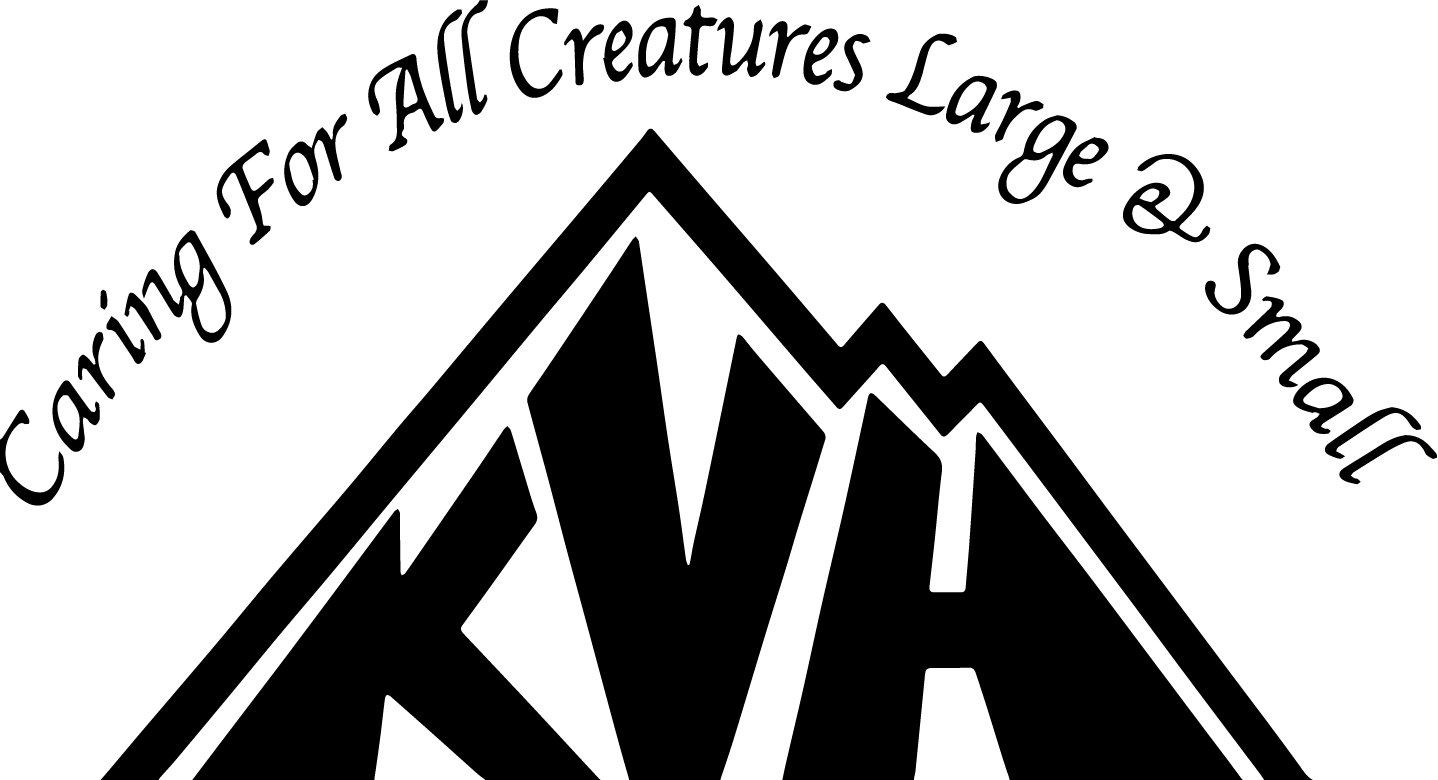by Dr. David Sauter
Having one of the veterinarians from Kulshan Veterinary Hospital perform a routine Wellness Examination on your horse is a great way to assess its overall health. An equine Wellness Exam is much like that of human Wellness Exams. The focus is disease prevention, improving health and detecting unrecognized health problems. Although a review of pre-existing and new problems are part of this exam, the scope of a wellness program is more comprehensive and is a look at the whole picture.
Reviewing the patient’s history is the first step in the examination. It is helpful if owners prepare ahead of time for this as it results in a more complete patient assessment. This review also includes questions about:
- Medical history, such as previous health problems and injuries
- Dates and type of previous vaccinations and deworming
- General management practices, such as nutrition, lifestyle, exposure to other horses, etc.
After collecting the history, Kulshan’s veterinarians will perform a complete physical examination. This will include:
- Temperature, pulse or heart rate, respiratory rate
- Weight (usually an estimate based on use of a weight tape)
- Body Condition Score (a numerical score determined by visual assessment of body weight)
- Listening to the heart, respiratory, and digestive tract with a stethoscope
- Examination of the skin from nose to tail, looking for lumps, bumps and other abnormalities
- Checking the ears – while difficult to examine on an unsedated horse, a cursory exam will be adequate to check for abnormalities such as Aural Plaques and Sarcoids
- Evaluating the eyes – looking for signs of abnormalities including “Moon Blindness,” tumors such as Sarcoids or Squamous Cell Carcinoma, corneal opacities, and cataracts. The eye exam is best performed in a dark environment, where the pupils will dilate, allowing the veterinarian to examine deeper eye structures.
- Palpation of the Lymph nodes, especially in the throat area, looking for enlargements
- Checking the mucous membranes color, moistness and capillary refill time
- A cursory dental if the horse is cooperative. A complete dental exam requires a full mouth speculum and proper environment and is generally not done in a routine wellness exam.
- Assessing tendons, ligaments, joints and the feet as well as a brief look at the horse in motion.
Laboratory tests are generally considered part of wellness exam as well. Here is a list of the more commonly recommended tests:
- Complete blood count – checks the cells of the blood, including red blood cells, white blood cells and platelets
- Fibrinogen – a blood protein that is an indicator of inflammation
- Chemistry panel – check a battery of values to evaluate organ functions such as kidney and liver, electrolyte levels, and blood protein levels
- Tests for Equine Metabolic Syndrome and Cushing’s Disease in senior horses
- Fecal floatation – to check for internal parasites. Note, not all internal parasites can be detected by this exam.
As part of your horse’s wellness evaluation, your Kulshan veterinarian will make recommendations for vaccinations to prevent future illness. “Core” vaccinations that the American Association of Equine Practitioners (AAEP) recommends for all horses include Tetanus, Eastern and Western Equine Encephalomyelitis (EEE and WEE), West Nile Virus and Rabies. All of these are very serious, life threatening (EEE, WEE, and WNV) or fatal (Tetanus and Rabies) diseases. In the case of Rabies, there can be serious public health concerns since the disease can be transmitted to people. For all of these diseases, there are safe, effective, affordable vaccines. The AAEP also recommends other vaccines based on a “risk assessment” for the particular horse, vaccines for diseases such as Influenza and Rhinopneumonitis. Ultimately your Kulshan veterinarian will base the vaccination recommendations for your horse on the exam findings and lifestyle evaluation.
Deworming is another subject that is discussed as part of a Wellness Exam. Gone are the days of treating all horses the same with frequent deworming. The current recommendation is to individualize deworming practices, tailoring the program to each individual’s particular needs, with the goal of minimizing the frequency of deworming, therefore reducing the development of drug resistant parasites. This individualization necessitates testing in the form of fecal floatation by the laboratory to track the parasite burden of the individual patient.
The Wellness Exam is a broad stroke approach. It is an opportunity to check in on the individual horse’s health and management. The goal is to promote “wellness,” to prevent disease and health problems, and to detect unrecognized problems while better treatment options are available. In the end, it will lead to longer, healthier, happier lives.
If you have questions more questions about what a Wellness Exam means for your horse, or if you would like to schedule a wellness exam, give Kulshan a call at 354-5095.


For me, keeping my horse on top of condition is a very satisfying feeling specially when you see them healthy and strong.